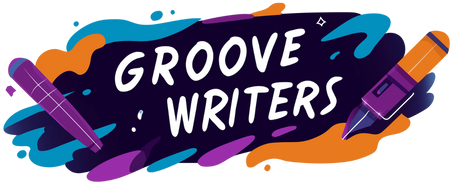Project-Based Science for Deeper Learning
Project-Based Science is a teaching methodology that promotes deeper learning through hands-on, real-world projects. It shifts the focus from teacher-led instruction to student-led exploration, encouraging students to become actively engaged in their own learning. With the rise of technology and globalization, traditional classroom instruction has become outdated, and new approaches like Project-Based Science are paving the way for a more relevant and effective education. In this article, we will delve deeper into the concept of Project-Based Science and explore its benefits for students and educators alike.
The Basics of Project-Based Science
Project-Based Science is an approach to learning in which students tackle real-world problems or challenges through a combination of research, collaboration, and hands-on activities. The goal is for students to gain a deeper understanding of core scientific concepts and develop critical thinking, problem-solving, and communication skills in the process.
How it Works
Project-Based Science typically starts with a driving question or problem that students are interested in exploring. This question serves as the focus of the project and provides a context for learning. Students then conduct research, gather data, and work together to design and implement a solution to the problem. This could involve building a model, conducting experiments, or creating a presentation.
Throughout the project, students are guided by their teacher, who acts as a facilitator and mentor. The teacher provides guidance and support, but the students are responsible for driving their own learning. This fosters a sense of autonomy and ownership, as students take charge of their education and become more invested in the project.
At the end of the project, students present their findings to their classmates, teachers, and even community members. This not only allows them to showcase their work, but also encourages them to reflect on their learning and receive valuable feedback.
The Benefits of Project-Based Science
Project-Based Science offers numerous benefits for both students and educators. Here are some of the key advantages:
Hands-on Learning
As the saying goes, “Tell me and I forget, teach me and I remember, involve me and I learn.” Project-Based Science provides a hands-on learning experience that goes beyond memorization and encourages students to actively engage with the material. By conducting experiments, building models, and solving real-world problems, students gain a deeper understanding of scientific concepts and develop important skills in the process.
Real-World Relevance
Traditional classroom instruction often fails to connect with the real world, leaving students wondering, “Why do I need to learn this?” Project-Based Science bridges this gap by providing students with authentic, real-world problems to solve. This not only makes the learning more meaningful, but also prepares students for the challenges of the 21st century.
Collaboration and Communication
Project-Based Science promotes collaboration and communication skills, which are essential in today’s interconnected world. By working together on a project, students learn how to effectively communicate their ideas, share responsibilities, and collaborate with their peers. These skills are not only important for academic success, but also for future career opportunities.
Critical Thinking and Problem-Solving
In Project-Based Science, students are challenged to think critically and creatively in order to solve real-world problems. This type of active learning encourages students to think outside the box and develop innovative solutions. By honing their problem-solving skills, students are better equipped to face challenges and make informed decisions in their personal and professional lives.
The Future of Education
As technology continues to advance and the job market becomes more competitive, Project-Based Science is emerging as the future of education. This approach prepares students for the demands of the 21st century by equipping them with the skills they need to succeed in an ever-changing world.
In conclusion, Project-Based Science offers a dynamic and effective way to promote deeper learning in science. By providing a hands-on, real-world learning experience, students gain a deeper understanding of core concepts while developing important skills like critical thinking, collaboration, and problem-solving. With its focus on relevance and student-centered learning, Project-Based Science is paving the way for a more engaging and impactful education.










